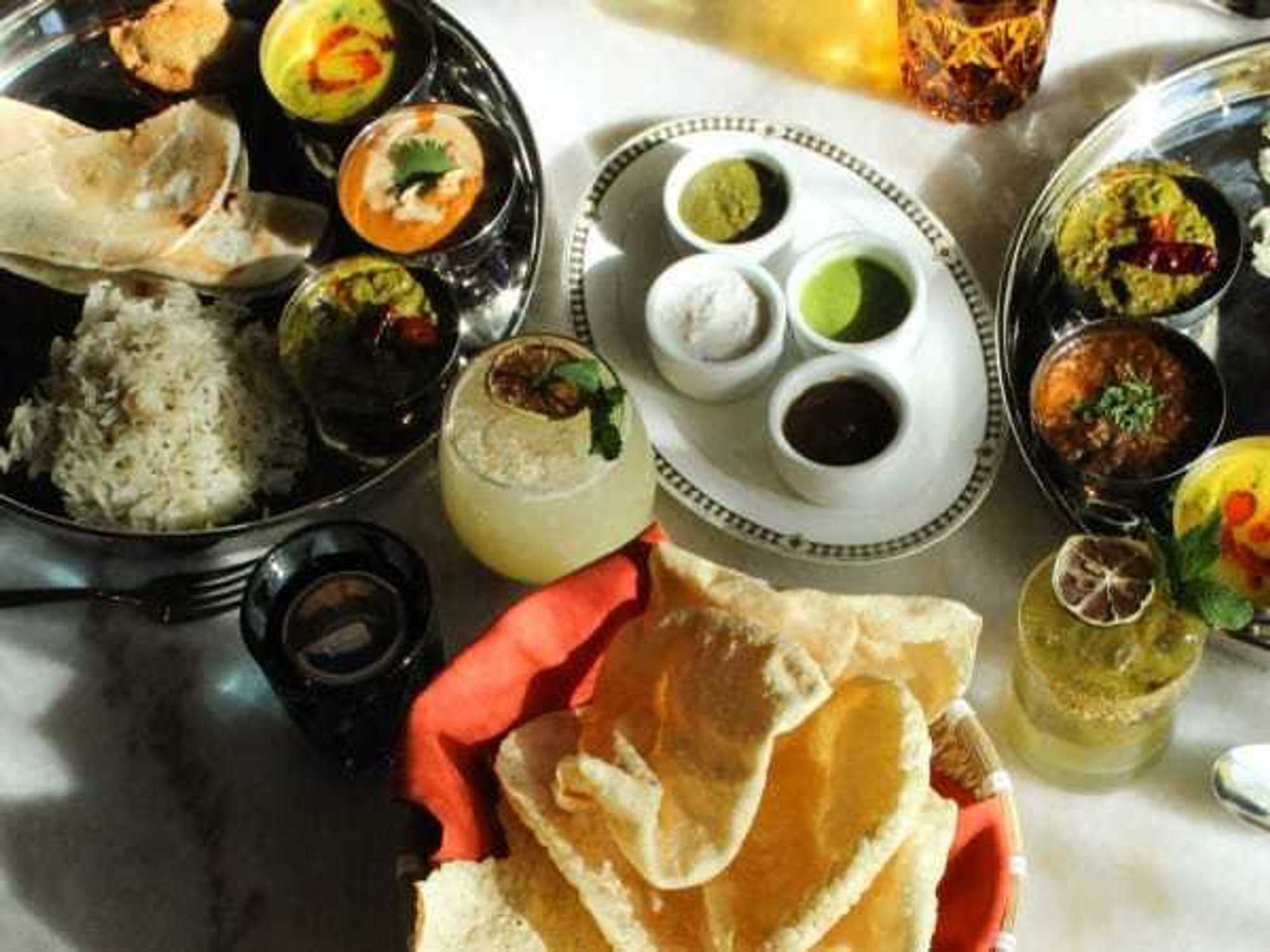City News
New cafe called Lou's Bodega is opening old wounds in East Austin

The chimes began on Tuesday evening. Texts and screenshots of social media posts about Lou’s Bodega, a trendy new east side concept from Larry McGuire and Liz Lambert, the indomitable king and queen of Austin hospitality, began popping up on phones across Austin.
Earlier that day, McGuire and Lambert opened their latest collaboration — the duo’s second — to the kind of fanfare that Austin’s elite really only bestows on the culinary scene anymore. Gone are the days when a new record is cause for celebration. Chefs are the new rock stars, and there is no golden god bigger than the Austin-born McGuire.
When McGuire’s McGuire Moorman Hospitality and Lambert’s Bunkhouse Group announced they were collaborating on Lou’s Bodega in 2018, the story was covered by media outlets across the city, CultureMap included. The chef behind some of the city’s best (and priciest) restaurants teaming up with the hotelier behind the city’s most fabulous (and priciest) hotels is the kind of buzzy news that garners pageviews and can save a humdrum week. In the headline, we slapped quotations around the word “bodega,” which, in retrospect, was literally the least we could do.
Lou’s Bodega, the owners said, would take over the old Leal’s Tire Shop on East Cesar Chavez, on the corner of Chicon Street. Leal’s had recently moved over to Los Gomez Tire Shop on East Seventh Street, leaving behind the bright yellow building and its near-iconic murals. The murals would stay, the owners decided, eventually becoming the inspiration for the restaurant’s branding and social media.
Over the past few weeks, the roll-out for Lou’s began, mainly on Instagram, and included sneak peeks at its branding which was heavily influenced by the Aztec iconography left behind in Leal’s murals. It felt off, a little uncomfortable, but nothing was said. That would come later.
Less than 24 hours after opening the doors, the social media backlash began, led in part by a local activist group. Despite McGuire and Lambert's seemingly equal partnership, the vitriol was mainly directed towards Lambert, but that’s another issue to be dissected at another time.
Scrolling through the comments, some critical, some complimentary, there was a pattern emerging in the language, the claims to East Austin, the outrage.
"As a fourth generation East Austinite, watching the changes in the neighborhood have definitely been tough," wrote one commenter on Instagram. "But grossest of all are these vapid appropriations of culture and history for the purpose of lining white pockets."
"This was delicious. These haters are crazy — majority of the east side welcomes new business and food options," wrote another commenter, inciting a fury of replies.
Lines were being drawn. It was the same feeling that permeated Austin after Byron Carter was shot, or when the Jumpolin piñata store was torn down just a few blocks away from Lou's, or when the local PR firm was called out for naming itself after a song about lynching.
There is a pattern that emerges when you watch the cultural conversation day in and day out. You know when the tenor shifts, when the collective sense of bemusement turns to dread. Dread because, once again, we missed the point. Eyebrows raised, we failed to say anything because that’s not what you do in elite Austin. We don’t call out appropriation because most of us are white, or we’re guilty of doing it ourselves, or we’re just too starry-eyed to realize what’s happening.
As the “blueberry in the tomato soup,” Austin has afforded itself many concessions. The idea that we’re different, weirder than the rest, has manufactured a collective sense — especially in Austin’s elite creative community — that we’re all in this together.
That kind of support can be magical, but it also means we often fail to think critically and, in turn, to criticize. When you can afford to eat at an MMH restaurant (which I do, often), you don’t really think about what it means to drive down Cesar Chavez and see an old mural depicting an Aztec god now being used to sell $22 rotisserie chickens. You see it and think, “Cool. That’s my kind of place now.”
It’s so much easier that way.
Lou’s Bodega isn’t the ignorance of a few people, but rather the collective whitewashing of an entire group of people, the same people who cultivate this New Austin culture, who comment on it; who study it; who package it, and ship it off, and make money on it. The great irony is that the same people who moved to Austin because it felt different have made it homogenous — just like Brooklyn; and Portland; and Washington, D.C.; and Nashville; and Detroit, and so on and so on. (And, yes, there is even greater irony in someone who does many of these things writing about it now.)
There are no two people more powerful in Austin hospitality — and perhaps the city — than Larry McGuire and Liz Lambert. This elite status may not have been the motive when McGuire opened his first restaurant or Lambert renovated her first hotel, but the winds have shifted, and here we are. Discussions must be had, a new tenor must be set, and perhaps Lou’s Bodega will serve as a lightning rod for that to happen.
But, of course, it will be easier if we don’t.
